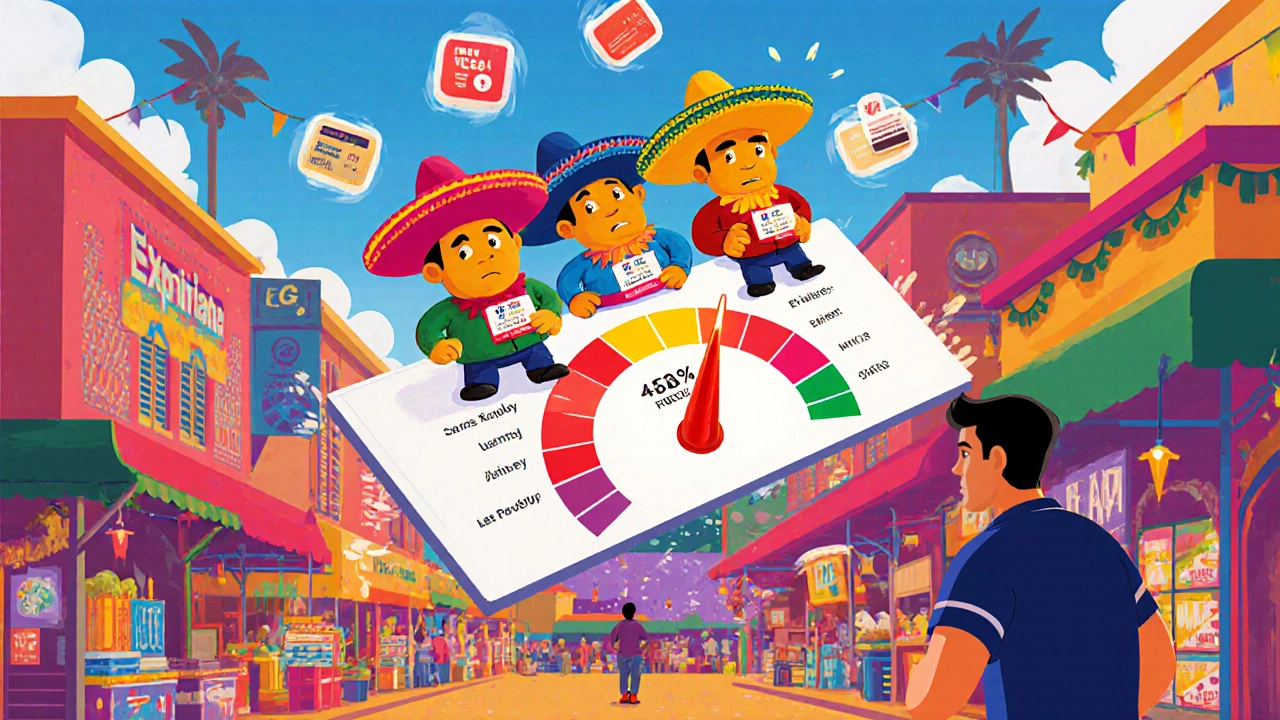Credit Score Tracking: How to Monitor and Improve Your Financial Health
When you check your credit score, a three-digit number that shows lenders how likely you are to repay debt. Also known as FICO score, it influences everything from your car loan rate to whether you can rent an apartment. It’s not magic. It’s math—based on your payment history, how much you owe, and how long you’ve used credit. Most people don’t realize their score can drop overnight from a single missed payment, or climb steadily by paying down balances and keeping old accounts open.
credit report, the detailed record of your borrowing history pulled from banks, credit card issuers, and collection agencies. This is where errors live—wrong addresses, accounts that aren’t yours, late payments that were never late. You’re entitled to one free report every year from each of the three major bureaus, and checking it regularly is the first step in credit score tracking. Many think they need to pay for this, but you don’t. Apps like Credit Karma and Experian let you monitor changes daily without costing a dime.
What you’re really tracking isn’t just a number—it’s your financial behavior. credit utilization, the percentage of your available credit you’re using. If you have a $10,000 limit and owe $9,000, your utilization is 90%. That hurts your score. Drop it to 10% or below, and you’ll see improvement fast. That’s why paying off a big balance before your statement date can boost your score, even if you pay it off in full later. And yes, having a mix of credit types—a credit card, a small loan, maybe an auto loan—helps too, but only if you handle them responsibly.
Some people think they need to carry a balance to build credit. They don’t. You just need to use credit and pay it back. A $5 charge on a card each month, paid in full, does more for your score than maxing out a card and paying late. And if you’ve had a bad score in the past, don’t assume it’s permanent. People rebuild from 500 to 700 in under a year by focusing on one thing: consistency.
You’ll find posts here that show how earned wage access tools help people avoid late payments—without touching their credit score. You’ll see how rebuilding after a big expense involves cleaning up your credit report. You’ll learn how to use neobank alerts to spot fraud before it hits your score. And you’ll get real examples of how small changes in spending habits lead to big score jumps.
This isn’t about chasing a perfect number. It’s about knowing where you stand, fixing what’s wrong, and making choices that protect your future. Whether you’re just starting out or trying to recover from a mistake, credit score tracking gives you control. And control means fewer surprises—and more opportunities.

Best Credit Score Monitoring Apps with Real Alerts and Score Factors Explained
Learn which credit score monitoring apps give you real FICO scores, accurate alerts, and clear explanations of what's affecting your credit. Find the best free and paid options for your goals.